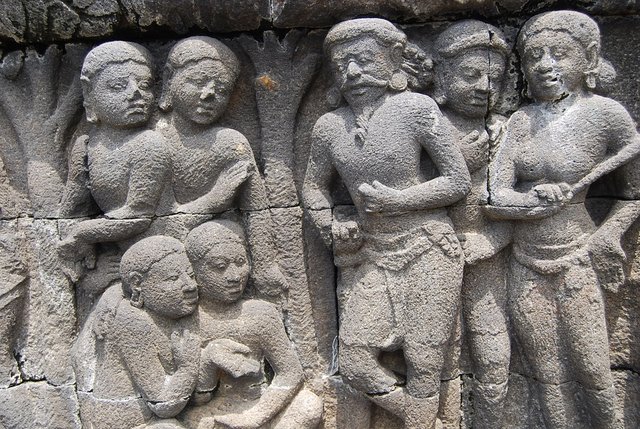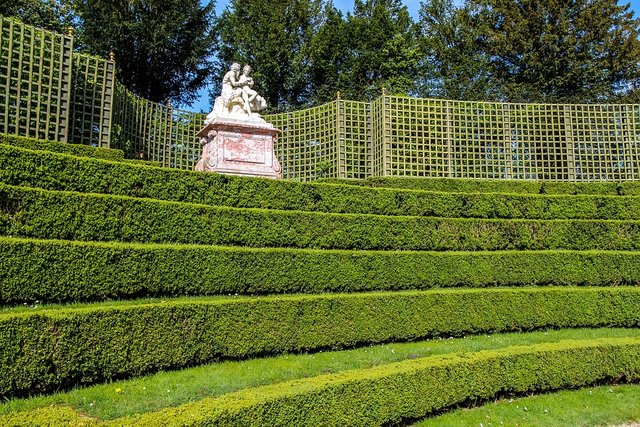
The values of life and life are the result of culture; or one of the elements of culture are the values of life and life? Both can not be separated because it has a close relationship. If culture is understood as the result of human creativity to improve, simplify, and improve the quality of self, then the values of life and life are the result of culture. However, if culture is understood as the whole ability [thoughts, words, and actions or deeds of human beings; then the values of life and life are the elements of culture used to interact with the environment and according to the cycle.
In human interaction, I usually reflect ethics, etiquette, and existing or ethical words or actions or attached to themselves. It also shows the values and norms adopted or applied in life and life. According to its meaning, ethics, etiquette, ethics, values, and norms can apply or have universal similarities.

However, if translated into the form of words and actions as well as behavior in human interaction. Then it differs according to the cyclone and the environment
interaction occurs. People in the Americas, Europe, Asia have a relatively equal understanding or understanding of ethics, etiquette, ethical things, values, norms. However, there are words, actions, and everyday behaviors that become American and European customs
a with Asian and African communities, and others. And if the practice is practiced in the Asian cycle, it is considered or even called and accused of being unethical and inconsistent with the values of the eastern norm, and so on. Life and life are related aspects
human and human; in relation to fellow and divine. Thus, the values of life and life are the overall appearance of self, attitude,
words, human actions according to conditions. The value of life and human life is usually influenced by the acceptance of an input from outside himself since childhood.
These, among other things,
- religion or religious teachings, usually absolute;
means embedded and deepening of the values in oneself, which sometimes becomes the principle of his life, is the result of a strong and deep religious understanding; and often he can not explain the reason for possessing a principle that others might regard as rigidity, but because of his faith he remains at his stand - norms or customs prevailing in society;
the norms applicable to the community are usually a common heritage; meaning that all community members agree and practice it. Because of the common heritage, it continues and continues to be passed down to generations
following; and can be used as one of the common identities of the community